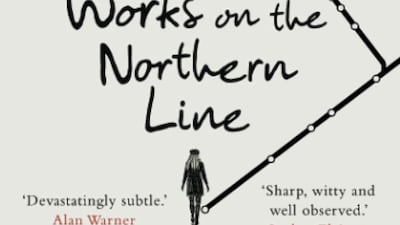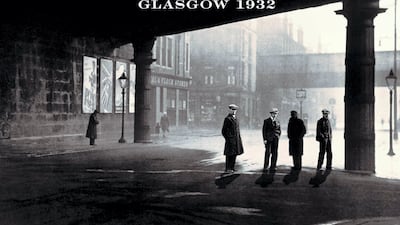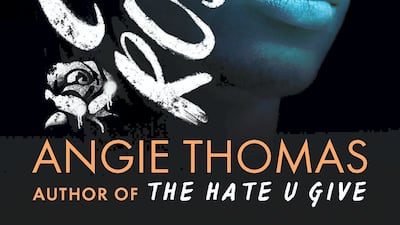In the past, we'd see bookshop owners dressing up and putting the final touches to their World Book Day displays. But this year, with book retailers remaining closed until April in the UK, it's a very different story.
World Book Day is an annual event that takes place on the first Thursday of March and aims to encourage a love of reading among children. Yet, amid Covid-19 restrictions and lockdowns, fears have grown for an industry already buffeted by technological change brought in by online behemoths such as Amazon.
However, early data suggests bookshops are weathering the storm better than expected, despite challenging conditions.
“It’s been a very solid year, our customers were very good to us and stayed with us,” said Marie Moser, the owner of Edinburgh Books, an independent store in the Scottish capital. “It’s not been as bad as everybody thought.”
Her sales were up 2 per cent in 2020, a remarkable feat given that her store was forced to close for much of the past 12 months.
The sales surge is down to book lovers committing more time to reading, rather than heightened interest among the general public, she believes.
“I think people who were readers have been reading more. I don't think there’s any question [about that]. But I think it is too hard to tell whether other people who are reluctant readers or non-readers have taken to it.”
Kiera O'Brien, who analyses industry trends for the Bookseller magazine, agrees sales have been robust. While figures have been generally strong over the past five years, they "went through the roof" this year, particularly when big shops reopened in the summer between lockdowns.
An estimated 200 million print books were sold in the UK last year, according to book sales monitor Nielsen BookScan, the highest level since 2012. This means the book market was worth £1.76bn ($2.5bn), up 5.5 per cent from 2019.
Another survey from Nielsen showed 40 per cent of respondents were reading more and 25 per cent of people had bought a book during the first lockdown period.
However, Ms O'Brien said the industry does tend to operate in cycles, seen with phenomena such as Harry Potter and 50 Shades of Grey, but she hopes the positive trend can continue.
"The last few years have been really strong for print books. That might not necessarily carry on, but print books are at a pretty healthy level," she told The National.
New platforms such as Bookshop.org have also helped independent bookshops reach new customers. Since its launch in the UK in November, more than 200,000 new customers have used the service, generating £1 million in profit for bookshops participating in the scheme.
Positioning itself as an ethical alternative to Amazon, customers can buy books from independent bookshops online using a digital storefront.
David Brett, who owns The Word bookshop in south London, says profits generated from sales on the platform have helped keep his business afloat during difficult times.
“It’s a handy tool. We’ve taken quite a big hit on our income. We used to have a lot of students coming through our doors wanting to support us, rather than Amazon,” he said.
As for children's books, it's also been an encouraging year.
Despite 2020 seeing a series of hits published by adult authors such as Richard Osman, Hilary Mantel and Barack Obama, the UK's top selling book of the year was Charlie Macksey's illustrated book The Boy, The Mole, The Fox and The Horse, underlining just how important children's titles remain to booksellers.
“One of the big things about children's writing now is there are truly great children's writers, so it's no longer seen as a poor man's thing, Ms Moser says. “The talent working on children's books is just astounding.”
In true spirit of World Book Day – albeit one forced to migrate online this year – Ms Moser stresses the importance for pupils who may be daunted by the written word and need a bit more encouragement to start reading. Especially during the pandemic.
“I think it's important because it wedges the metaphorical door wider that reading is for everybody.”
Something best-selling authors Emma Gannon, Sarah Turner and Bolu Babalol seem to agree with. They have recently backed a campaign by UK Reads and The World Literacy Foundation to help improve literacy among poorer children who have fallen behind in reading due to the coronavirus pandemic.
As for the future of the industry, Ms Moser is ready to see what the next chapter brings, but is optimistic.
“I think we'll be fine. As I say, I think the book industry is managing to hang on. I've always taken the view in business, you can't assume every year is [going to be] a bed of roses.”













